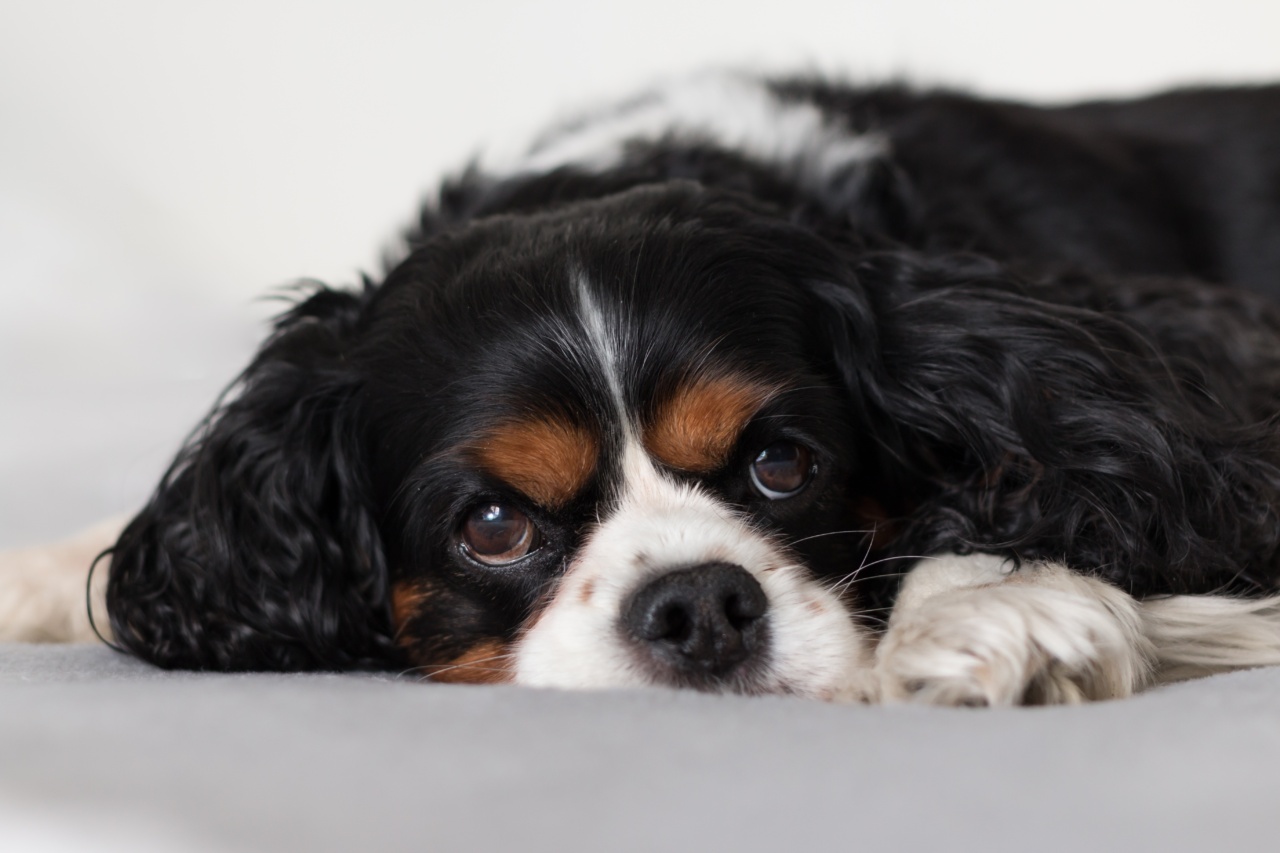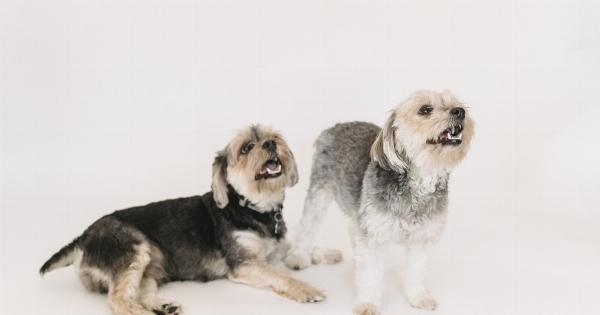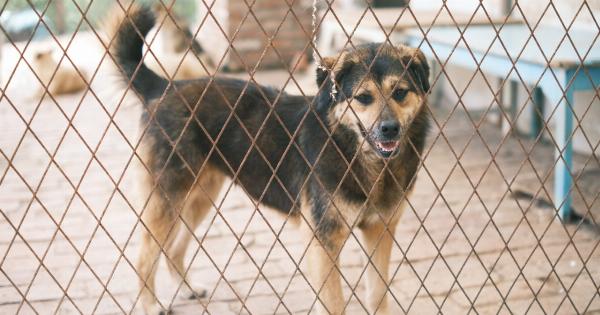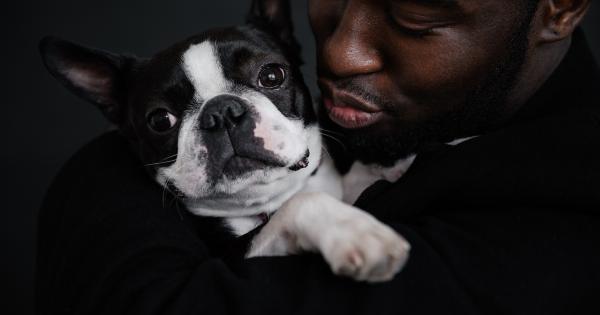The Cavalier King Charles Spaniel is a small, elegant, and affectionate breed known for its noble pedigree and charming nature.
With a rich history that dates back to the 17th century, these dogs have long been favored by royalty and admired for their beauty, intelligence, and gentle temperament. In this article, we will delve into the fascinating history, characteristics, and care of the Cavalier King Charles Spaniel.
The History of the Cavalier King Charles Spaniel
The Cavalier King Charles Spaniel is named after King Charles II, who ruled England from 1660 to 1685. These dogs were his loyal companions and were often seen by his side.
In fact, King Charles II was so fond of these spaniels that he enacted a decree that allowed them in any public place, including parliament.
While the breed’s history can be traced back to ancient toy spaniel breeds, it was during the reign of King Charles II that they were selectively bred to achieve the distinct features and characteristics that we see today.
The breed was highly popular among nobility and aristocracy, and their influence can be seen in numerous paintings and artworks from that era.
Over the years, the popularity of the breed declined, and they started to lose favor among dog lovers. However, a group of dedicated breed enthusiasts led by Roswell Eldridge wanted to revive the original characteristics of the breed.
In 1926, Eldridge offered a cash prize of 25 pounds for any dog that resembled the spaniels seen in paintings from the time of King Charles II.
This initiative led to the resurgence of the breed, and enthusiasts worked together to establish breeding standards and revive the Cavalier King Charles Spaniel.
The breed was officially recognized by the Kennel Club (UK) in 1945, and its popularity has soared since then.
Physical Characteristics
The Cavalier King Charles Spaniel is a small and well-balanced dog with a sturdy build. They have an expressive face, with large, dark, round eyes and long, droopy ears.
Their coat is medium-length, silky, and comes in various colors, including Blenheim (red and white), tricolor (black, tan, and white), black and tan, and ruby (mahogany red).
On average, adult Cavalier King Charles Spaniels measure between 12 and 13 inches (30-33 cm) in height at the shoulder and weigh between 13 and 18 pounds (5.9-8.2 kg).
Despite their small size, these dogs have a powerful and athletic build that allows them to excel in various canine activities.
Temperament and Personality
The Cavalier King Charles Spaniel is known for its friendly and affectionate nature. They are highly sociable dogs and get along well with people of all ages, including children.
They have a strong desire to please their owners, which makes them highly trainable and obedient.
These dogs thrive on human companionship and do not do well when left alone for long periods. They are not well-suited for a household where people are away for most of the day.
However, if provided with the love and attention they need, Cavalier King Charles Spaniels are loyal and devoted companions.
One notable trait of this breed is their propensity to form strong bonds with their owners. They are often referred to as “velcro dogs” because they love to be by their owner’s side at all times.
This makes them excellent therapy dogs and ideal for individuals seeking emotional support.
Exercise and Training
While Cavalier King Charles Spaniels have moderate exercise needs, they still require daily physical activity to keep them mentally and physically stimulated.
They enjoy brisk walks, play sessions, and interactive games that challenge their intelligence. Regular exercise not only keeps them fit but also helps prevent obesity, which can affect their overall health.
When it comes to training, Cavalier King Charles Spaniels are intelligent and eager to please, making them relatively easy to train. They respond best to positive reinforcement training methods, including rewards, praise, and treats.
Early socialization and obedience training are important to ensure that they grow up to be well-rounded dogs.
Due to their affectionate nature, Cavalier King Charles Spaniels are also well-suited for participating in dog sports such as obedience, agility, and rally.
These activities provide mental stimulation and can deepen the bond between the owner and the dog.
Grooming
The Cavalier King Charles Spaniel’s coat requires regular grooming to keep it in good condition. Daily brushing helps prevent tangles and removes loose hairs, while regular bathing keeps their coat clean and shiny.
Their long ears, in particular, need regular cleaning to prevent the buildup of wax and debris, which can lead to ear infections.
Additionally, the breed is known to shed moderately throughout the year, with heavier shedding occurring during seasonal transitions. Regular grooming sessions can help minimize shedding and keep their coat looking its best.
Health Concerns
As with any dog breed, Cavalier King Charles Spaniels are prone to certain health issues. One prevalent condition is mitral valve disease, a degenerative heart condition that affects the heart’s valves.
Regular veterinary check-ups and screenings can help detect and manage this condition early.
Another common health concern in this breed is syringomyelia, a neurological condition that can lead to pain, discomfort, and other neurological symptoms.
Progressive retinal atrophy (PRA) is another eye condition that affects some Cavalier King Charles Spaniels and can result in vision loss.
Other health issues that may be seen in this breed include hip dysplasia, patellar luxation, and ear infections. Responsible breeders perform health screenings on their breeding dogs to minimize the risk of passing on hereditary conditions.
Conclusion
The Cavalier King Charles Spaniel is a beloved breed with a noble pedigree. With their rich history, charming personality, and beautiful appearance, it is no wonder that they continue to capture the hearts of dog enthusiasts around the world.
Whether as a loyal companion or a show dog, the Cavalier King Charles Spaniel brings joy and love to any household lucky enough to have one.































